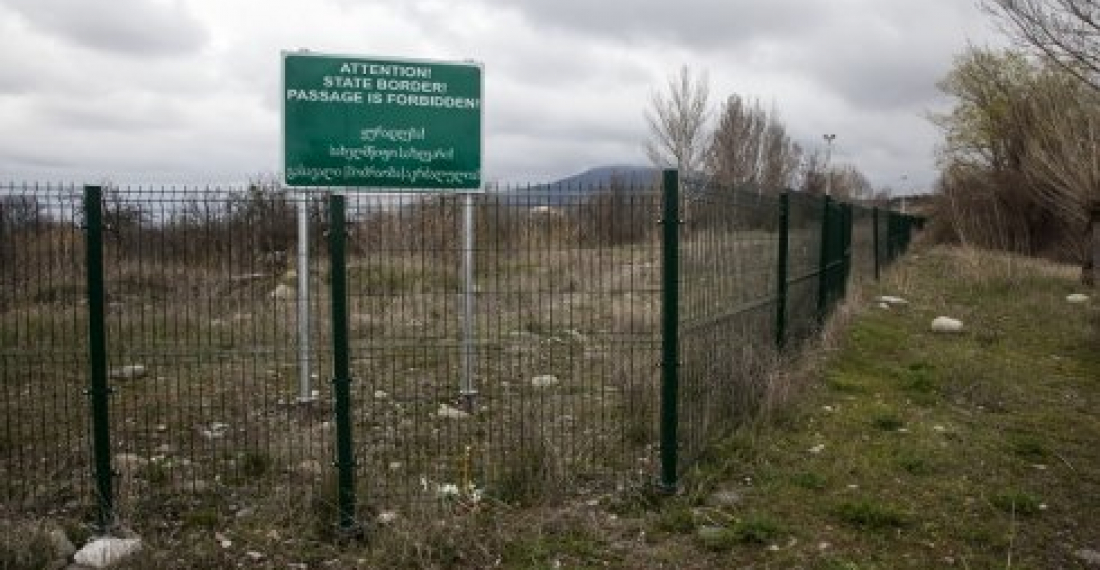The three co-Chairs of the Geneva International Discussions, a political and diplomatic mechanism that was set up after the 2008 Georgia-Russia War, on Sunday (15 September), issued a statement on the ongoing situation unfolding around the territory of South Ossetia.
The three co-Chairs, representing the European Union, the United Nations and the Organisation for Security and Co-operation in Europe (OSCE) stated:
"The ongoing closure of crossing points on the administrative boundary line with South Ossetia is creating additional hardship for the local people and is further raising tensions.
We are in contact with all relevant actors, urging them to abstain from taking unilateral steps that have negative humanitarian consequences for conflict-affected people and undermine stability on the ground.
We call on all participants in the Geneva International Discussions to engage constructively within the existing security and dialogue mechanisms and to search for solutions to all issues of concern.
It is in this respect essential that conflict-affected people are not subjected to additional hardship and that their human rights, including freedom of movement, are fully respected.
We intend to discuss this and other worrying developments further during our upcoming consultations."
The situation around the South Ossetia conflict zone has been deteriorating for several weeks, after Russia and its South Ossetian allies, re-started a process of borderisation which effectively separates communities and villages.
In a later development, the Georgian side installed a new police post on its territory. South Ossetian authorities have since been restricting the movement of civilian across the line of contact which seperates Tbilisi controlled territory from terriory currently controlled by Russia and its South Ossetian allies.
source: commonspace.eu






